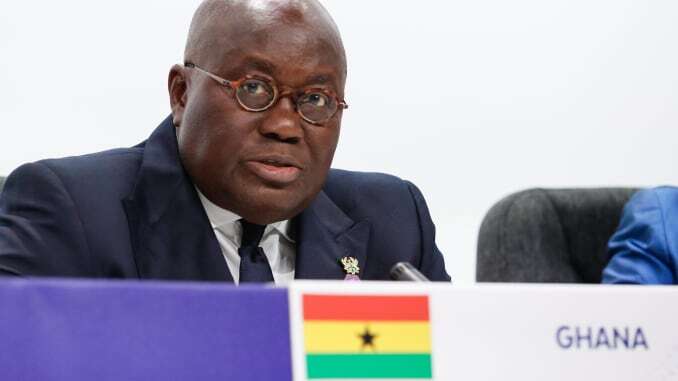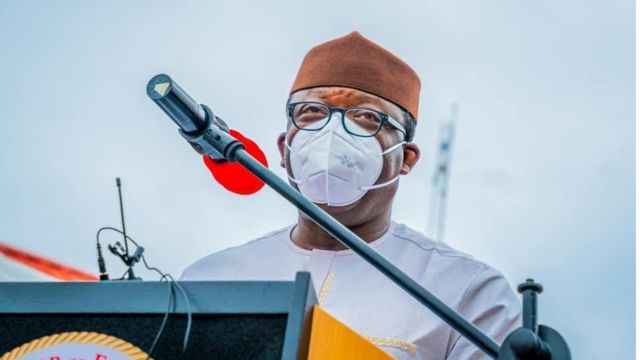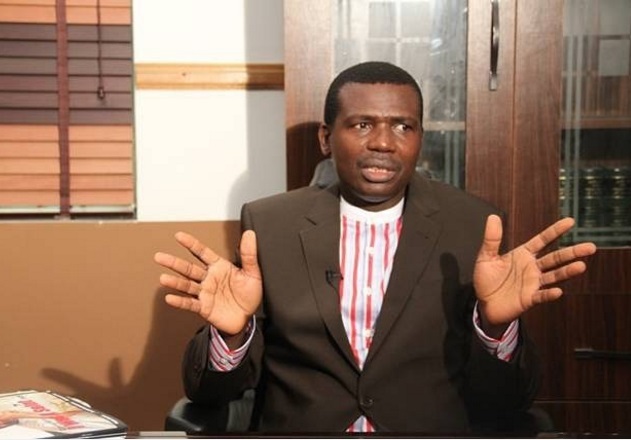The Ekiti Government on Tuesday announced new measures to contain the increasing cases of the COVID-19 pandemic across all the 16 local governments areas of the state.
The new directive marks the third time the state government would be imposing such restrictions between 2020 and August, 2021.
The restrictions, had in the past paralysed businesses and lowering social activities in government offices.
Governor Kayode Fayemi, who made announcement after an emergency briefing, anchored on his behalf by the Commissioner for Health, Dr Oyebanji Filani in Ado-Ekiti, expressed concerns over the increasing cases of third wave of the pandemic in the state.
Justifying the state government latest action, Fayemi said that 180 cases were recorded from July to the last few days in August alone.
He explained that, as a way of curtailing the third wave, restrictions had been re-imposed on social, religious and political gatherings across the state and directed transporters to reduce the number of their passengers by half.
Fayemi said that all efforts must be geared toward stopping the further spread of the deadly variant in the state.
According to him, the state recorded 95 cases in July, and a frighteningly 85 cases in the last few days in the month of August.
He said, “We are constrained to respond to this development with the following non-pharmaceutical control measures which remain our best means of containing the pandemic in the state.”
Fayemi said that the patients were stable across the isolations centres in the state, advising residents to go about their businesses with strict adherence to the safety protocol.
The governor said: “We must never trivialise the danger that COVID-19 continues to pose to us. We must ensure we do not have a reversal of fortune.
“We cannot afford a community infection that could easily overwhelm our capacity and return us to another round of stay-at-home with even more stringent measures.
“it is my duty to inform you that Ekiti State is experiencing an unwelcome increase in the number of COVID-19 confirmed positive cases.
“In the month of July, we recorded 95 cases, and we have now recorded 85 cases in the first week of August, meaning 85 cases in just six days.
“We are obviously experiencing the third wave with more cases than we experienced in the second wave in March, 2021.
“Besides, with the introduction of the Delta strain of the COVID-19 virus in the country and the recent evidence of its community transmission as reported by NCDC, it is imperative for us as a state, to enforce our existing COVID-19 regulations more strictly to safeguard the health of our people.”
He directed that public gatherings, especially social, political and business in the state should be restricted to only 50 people with social distancing of six feet and mandatory use of face masks.
On religious centres, Fayemi said: “Our religious gatherings in the state would be with temporary restrictions, starting from Friday, Aug. 13, 2021 for Muslims and Sunday Aug. 15, 2021 for Christians.
“All gatherings must be held in strict and full compliance with the regulations regarding worship centres, which include social distancing of six feet between worshippers, handwashing and wearing of face masks.”
He maintained that officials of the state government would be out to monitor the level of compliance, saying that defaulters would be punished in accordance with the law.
Fayemi, who disclosed that the state was expecting about 95,000 doses of Moderna vaccine in addition to the earlier AstraZeneca vaccine received, called on residents to make themselves available for the second phase of the vaccination.
“Evidence has shown that fully vaccinated individuals are protected from severe COVID-19 infection and death.
“Vaccines have been confirmed to be safe and 70,049 people have received at least one dose of the vaccine in the state without any side effect.
“As we await the second phase of the vaccination, I encourage all eligible citizens to take their jabs as soon as the vaccines are available,” the governor said.





